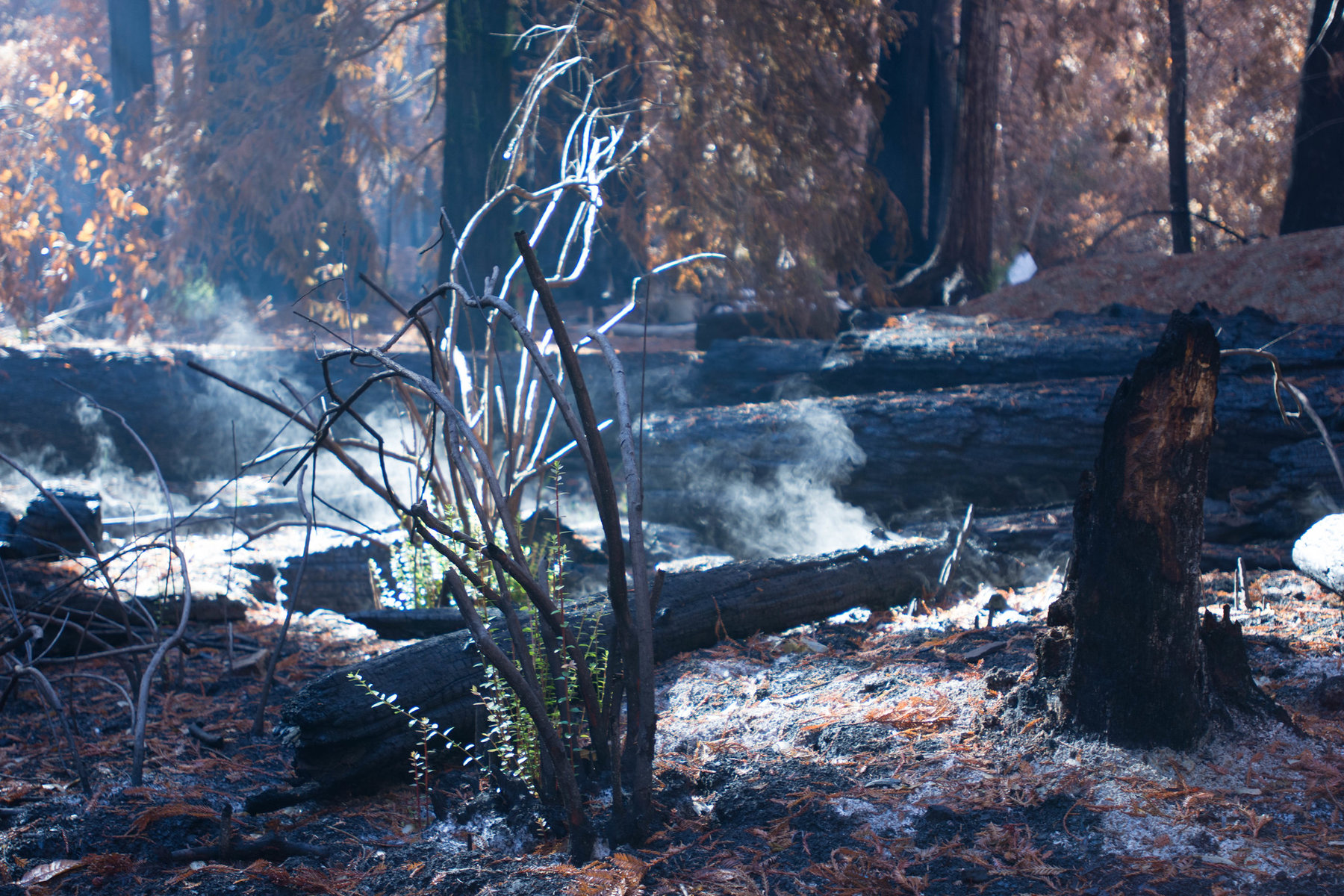Three great stories we found on the internet this week.
Greening up
In 2020, a wildfire tore through Big Basin Redwoods State Park in California’s Santa Cruz Mountains, charring the bark of the park’s namesake trees to an ominous black. But today, almost all of those towering old-growth redwoods are showing substantial new growth.
Not all species in the park are faring equally well: Researchers note that some birds and fish, including coho salmon and steelhead trout, are still many years from recovery. But the difference in the redwoods themselves is dramatic and encouraging.

In photos from April 2021, “All these trees are brown, they have no green foliage,” said biologist Drew Peltier, an assistant professor at the University of Nevada Las Vegas. “I pulled the image from today and I almost didn’t recognize it. The trees are so bushy now.”
Read more at the Santa Cruz Sentinel
Hair and care
Ever open up to your hairdresser about what’s stressing you out? Lots of people do. “We hear everything,” as Adama Adaku put it.
Adaku is among the 150 hairdressers in West and Central African cities who have recently earned the honorary title of “mental health ambassador” after undergoing mental health training. This training is an effort to fill in a massive gap: According to the World Health Organization, for every 100,000 people in this region, there are an average of 1.6 mental health workers (compared to the global median of 13).
Organized by the nonprofit Bluemind Foundation, the three-day training equips hairdressers with skills such as asking open-ended questions and picking up on nonverbal signs of distress. “People need attention in this world,” said Tele da Silveira, another hairdresser who completed the training. “They need to talk.”
Read more at the New York Times
Health is wealth
Cash assistance programs have been shown to improve children’s health and well-being by alleviating early childhood poverty and food insecurity — issues that disproportionately affect Indigenous communities. That’s why a Seattle-based nonprofit has created the first-ever guaranteed basic income program exclusively for Indigenous families.
Crushed by negative news?
Sign up for the Reasons to be Cheerful newsletter.Called the Nest, the program will provide monthly cash assistance to 150 families for the first three years of their child’s life. It will also offer other support, including doula services and a financial sovereignty class.
The program also seeks to combat the high maternal mortality rates among Indigenous people in the US. “There are high disparities that are rooted in historical trauma and collective violence from colonization, genocide, forced relocation and boarding schools combined with lack of access to basic health care,” the Nest’s director, Patanjali de la Rocha, told High Country News. “Guaranteed income helps not only on an individual level, but it also helps people heal intergenerationally.”







